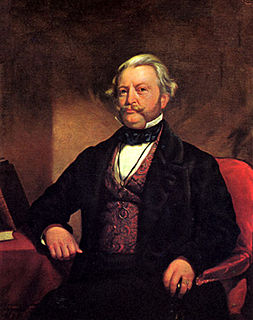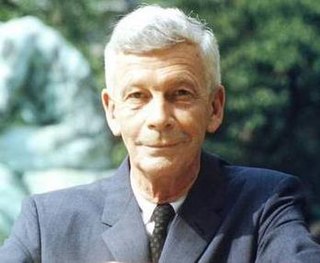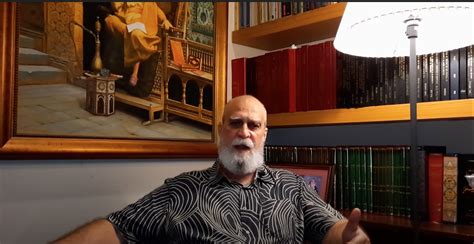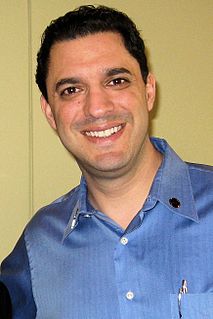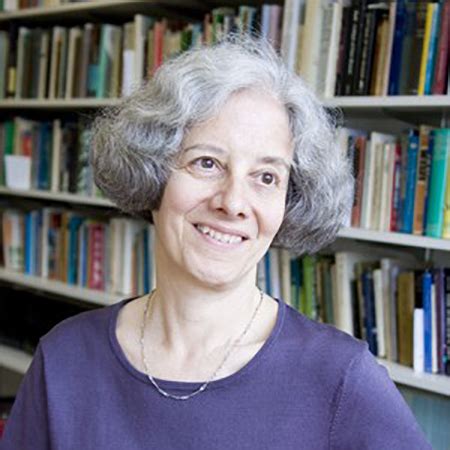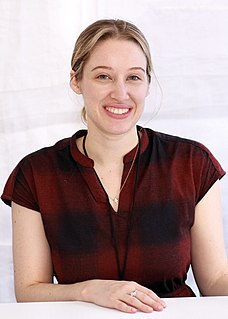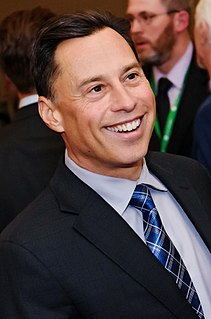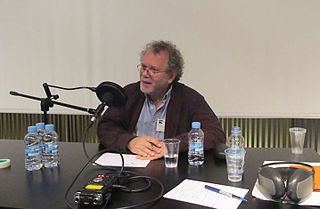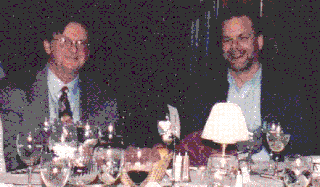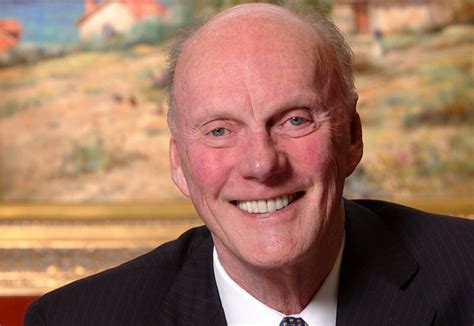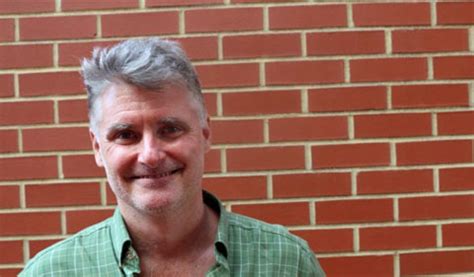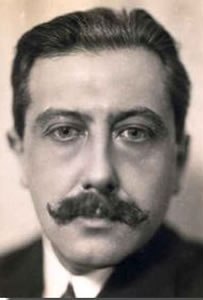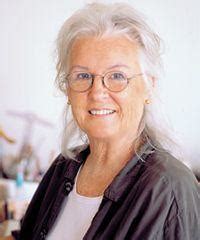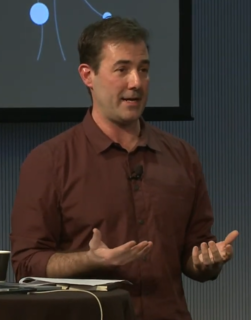Top 1200 Skills And Knowledge Quotes & Sayings - Page 14
Explore popular Skills And Knowledge quotes.
Last updated on April 21, 2025.
I just remember their kindness and goodness to me, and their peacefulness and their utter simplicity. They inspired real reverence, and I think, in a way, they were certainly saints. And they were saints in that most effective and telling way: sanctified by leading ordinary lives in a completely supernatural manner, sanctified by obscurity, by usual skills, by common tasks, by routine, but skills, tasks, routine which received a supernatural form from grace within.
First therefore let us seek the dignity of knowledge in the archetype or first platform, which is in the attributes and acts of God, as far as they are revealed to man and may be observed with sobriety; wherein we may not seek it by the name of Learning; for all Learning is Knowledge acquired, and all Knowledge in God is original: and therefore we must look for it by another name, that of Wisdom or Sapience, as the Scriptures call it.
The production of knowledge in schools today is instrumental, wedded to objective outcomes, privatized, and is largely geared to produce consuming subjects. The organizational structures that make such knowledge possible enact serious costs on any viable notion of critical education and critical pedagogy. Teachers are deskilled, largely reduced to teaching for the test, business culture organizes the governance structures of schooling, knowledge is viewed as a commodity, and students are treated reductively as both consumers and workers.
I suppose I was lucky enough to be educated at a time when teachers still thought children could handle knowledge. They trusted us. Then there came a time when they decided that because not every kid in the class could understand or remember those things they wouldn't teach them anymore because it wasn't fair on the less good ones. So they withheld knowledge. Then I suppose the next lot of teachers didn't have the knowledge to withhold.
We certainly have to have a view about knowledge in order to decide whether some version of foreknowledge is necessary for inquiry or whether some philosopher or other thinks it is. Roughly, the more demanding our conception of knowledge is, the less plausible foreknowledge is; the weaker our conception of knowledge is, the more plausible foreknowledge is.
At times we are thrown suddenly into positions that seem too big for us and for which we have little preparation. The Lord stimulates our growth this way.... The Lord blesses us far beyond our natural ability and experience. However, it has been my experience that he expects us to quickly exert ourselves and acquire the things we need. He gives us a little time to improve our management skills and detailed knowledge so that we don't have to rely upon him for everything. We'll always need inspiration in these areas we couldn't possibly understand without his help.
There is a clear connection between developing the skills and talents of young people, and our economic success as a province. Initiatives like the Make Your Pitch competition and the Ontario Social Impact Voucher help us nurture the next generation of business leaders. We will continue creating an inviting environment for our next generation of entrepreneurs, ensuring they develop the right skills needed to succeed in a globally competitive economy and build the future of Ontario.
A democratic public forms when citizens gather together to deliberate and make public judgments about local and national issues that affect their lives. By associating together for public discussion, citizens learn the skills necessary for the health of a democratic public; listening persuading, arguing, compromising, and seeking common ground. When these skills are nurtured within the institutions of a democratic public, citizens educate themselves in order to make informed political decisions.
The government must nurture an eco-system where the economy is primed for growth; and growth promotes all-rounddevelopment. Where development is employment-generating ; and employment is enabled by skills. Where skills are synced with production; and production is benchmarked to quality. Where quality meets global standards; and meeting global standards drives prosperity. Most importantly, this prosperity is for the welfare of all. That is my concept ofeconomic good governance and all round development.
The notion that "applied" knowledge is somehow less worthy than "pure" knowledge, was natural to a society in which all useful work was performed by slaves and serfs, and in which industry was controlled by the models set by custom rather than by intelligence. Science, or the highest knowing, was then identified with pure theorizing, apart from all application in the uses of life; and knowledge relating to useful arts suffered the stigma attaching to the classes who engaged in them.
These algorithms, which I'll call public relevance algorithms, are-by the very same mathematical procedures-producing and certifying knowledge. The algorithmic assessment of information, then, represents a particular knowledge logic, one built on specific presumptions about what knowledge is and how one should identify its most relevant components. That we are now turning to algorithms to identify what we need to know is as momentous as having relied on credentialed experts, the scientific method, common sense, or the word of God.
Education, especially business education will only give you tools. What you do with these tools is all that matters. Life and business isn’t paint by numbers. You have to think for yourself. You have to invent yourself. You have an inferred fiduciary mandate to yourself, and that means, it’s your responsibility to learn people skills, and language skills, in order to increase your chances of success. You also have to be at the right place, at the right time, with the right thing. Mostly and invariably, the real product you’re going to be selling is….you.







